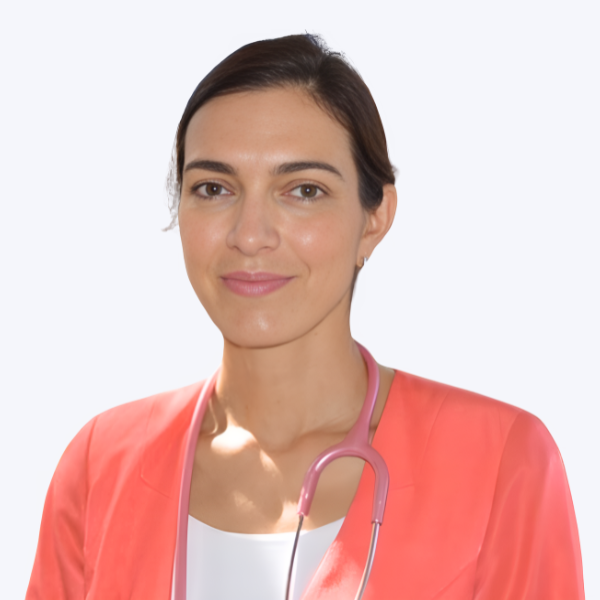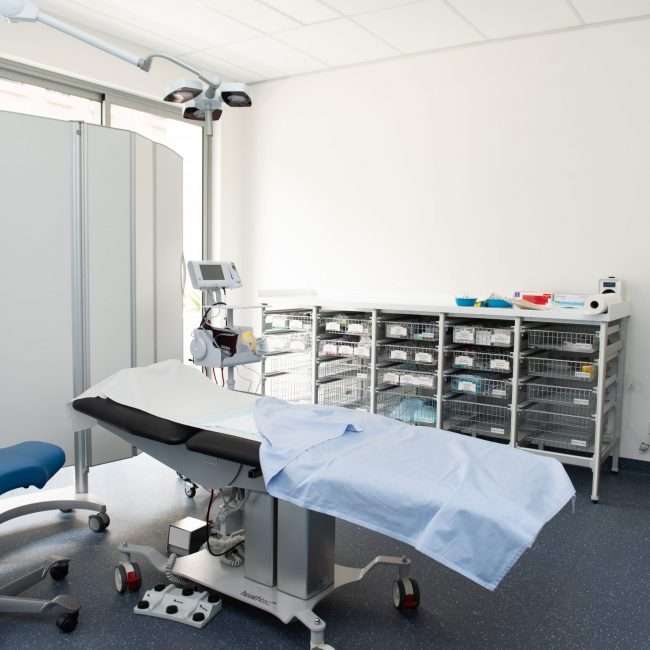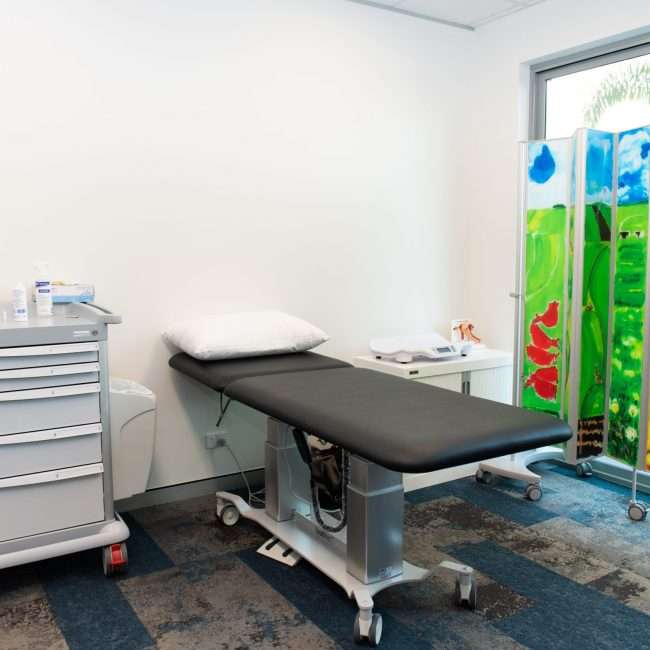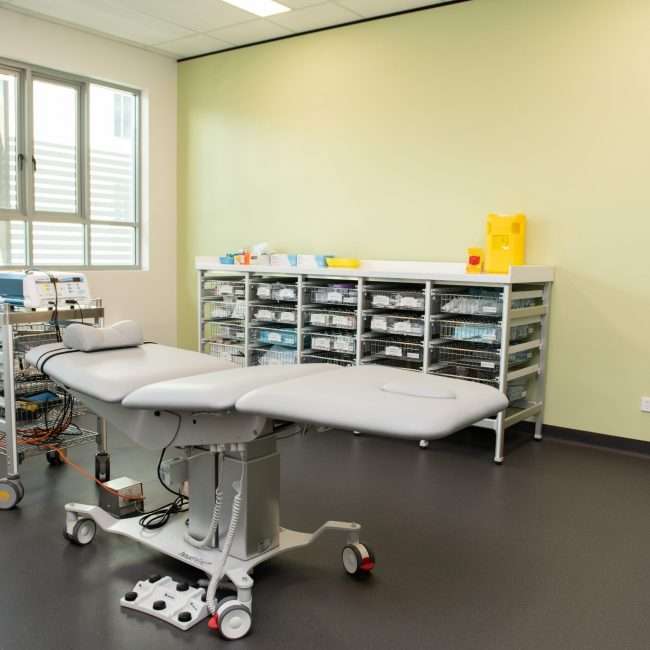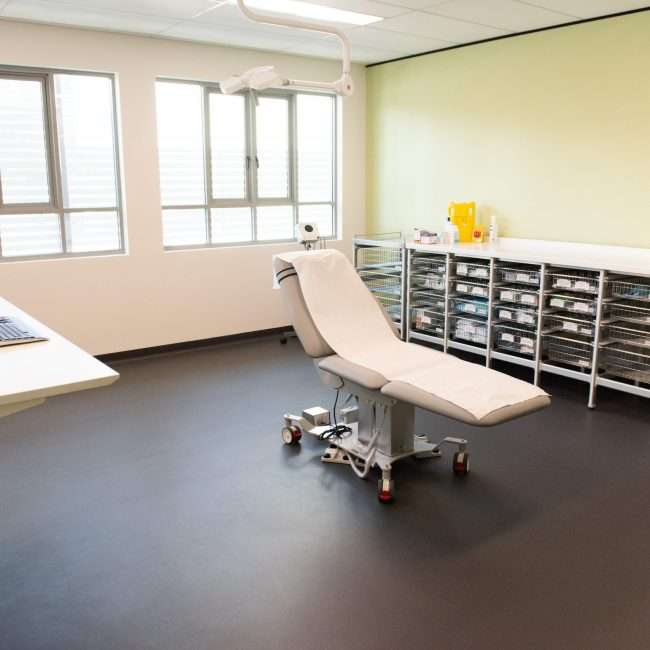Women's Health Clinic
At Southport Doctors, we understand the importances of women’s health services.

WOMEN’S HEALTH SOUTHPORT DOCTORS
A dedicated women’s health clinic staffed by female doctors.
At Southport Doctors, we know how important it is for all women to take care of their health and wellbeing which is why we offer a dedicated women’s health clinic staffed by female doctors.
There’s no doubt that being a woman often comes with a number of health concerns, which can sometimes be uncomfortable to discuss.
We want to ensure you feel comfortable and relaxed when visiting us and that all your concerns are addressed in a compassionate and caring manner.
Important areas of women’s health
There are many areas of women’s health which must be checked up, especially if an issue appears to be present. Important areas of women’s health include the following:
- Sexual health
- Birth control
- Antenatal care
- Motherhood
- Breast health
- Ovarian health
- Cervical health
- Vaginal health
- Puberty
- Menstrual concerns
- Menopause
- Cardiovascular disease
Health concerns for women
There are a number of health concerns unique to women that require medical examinations for diagnosis and treatment.
Breast health
Being familiar with the shape of your breasts can be incredibly important for detecting any new spots, lumps, and size or shape changes. Changes to the breasts may be a health concern and should always be checked with your GP to prevent breast cancer.
Breast cancer is the most common aggressive cancer in females aged between 20-39, however 75% of breast cancer cases occur in women aged 50 and over.
Changes to check for include:
- New lumps (breasts or under the arms)
- Sore nipples
- Size or shape changes
- Breast dimpling
- Rash or swollen breasts
- Nipple turning in
- Nipple discharge (unless pregnant or breastfeeding)
Diagnosis of breast cancer requires a GP visit who will perform a physical examination and order tests, such as a mammogram to be taken.
Antenatal and motherhood care
It is recommended to visit the GP for pregnancy and lifestyle change advice to help plan and promote smooth conception and pregnancy. The GP will discuss the following factors: medical conditions, medications, family medical history and lifestyle factors, as this information will be useful for antenatal care.
Visiting your GP is recommended for family planning, antenatal and post antenatal check-ups.
Sexual health and birth control
Managing sexual health is important for all women, no matter if you’re a teen or post-menopausal woman. The GP can offer advice on how to prevent sexually transmitted infections and diseases, as well as avoiding sexual difficulties during intercourse. It’s recommended to visit your GP if you experience any symptoms, such as discharge, skin conditions, sores, pain or other abnormal issues.
If you are a woman looking for birth control methods, visit your GP to see what may be recommended for you.
At Southport doctors we offer a range of birth control options, including the Hormonal Intrauterine Device (IUD), a T-shaped device which releases a hormone progestin which provides long-term birth control. We also offer a Contraceptive Implant, where a soft plastic rod is inserted under the skin of your inner upper arm and releases progestogen into the body to prevent pregnancy.
Cervical cancer
Women should be checked for cervical cancer every three to five years. Testing for cervical cancer is done at Southport Doctors through a Cervical Screen Test which is more effective than a PAP Smear as it also detects the human papillomavirus. Cervical tests check the cervix for signs of cancer.
If you are unsure when your last test was, you can contact your GP or the National Cancer Screening Register on 1800 627 701.
Menopause Counselling
Menopause is usually characterised by emotional and physical changes, which may even include an irregular menstrual cycle.
There are many health impacts for women, which may increase chances of suffering from certain diseases, bladder issues, bone density issues, vaginal issues, reduced metabolism, among a range of other side effects.
It’s recommended for women to visit their GP while going through menopause, especially if they are suffering from side effects that are impacting their quality of life. The GP can recommend treatments such as hormone replacements, vagina oestrogen, medications and low-dose antidepressants to help women who are suffering.
The GP will also recommend lifestyle changes to sleep, diet, activity and dealing with heat to help prevent some symptoms of menopause.
Women’s Health at Southport Doctors
So, if you are a female and have health concerns or are pregnant, please book an appointment with one of our female doctors as they have a special interest in women’s health and will be happy to help you. To book an appointment, please complete the form on this page or call Southport Doctors on (07) 5531 3205.
Make An Enquiry
Please fill in the online enquiry form to ask a question or request an appointment.
Meet The Women's Health Clinic Team
Frequently Asked Questions
What is women’s health?
Women’s health focuses on a range of treatments and diagnosis of diseases and conditions that women are affected by, which differs from what men experience.
How do I check my breasts for signs of cancer?
Have a visual look at your breasts for noticeable changes, swelling, sores or lumps on both breasts and under your arm. Also check for nipple dimpling or discharge.
What does a lump in your breast feel like?
All lumps which occur in your breast are different. It depends on the location, cause, growth and can vary from being painful to not painful, hard to soft and mobile to immobile. It’s best to consult your GP about lumps you are unsure about.
Are mammograms painful?
Mammograms compress the breasts while checking for breast cancer. This may cause slight discomfort and mammograms are best taken when breasts are less tender one week after the menstrual cycle.
Do oral contraceptives increase the risk of breast cancer?
Yes, there is a small increased risk for women who have been using oral contraceptives for over five years. The risk depends on many factors and family history. Your GP or gynaecologist will recommend usage and when to have breaks off the pill.
What is an IUD?
An IUD is a hormone-releasing device that is inserted into the uterus. It works by releasing a progestin hormone and is considered one of the most effective forms of reversible birth control. It’s the ideal contraceptive for women who do not wish to take a pill every day. Effective for five years, this flexible device can be removed at any time should you wish to fall pregnant. If you do not want to fall pregnant after the five-year period, you can simply remove the old IUD and have a new one inserted.
Can an IUD be used to manage my period?
Even if you are not sexually active, an IUD can be used as a treatment for heavy periods. Though once it is placed, bleeding and spotting may increase during the first 3 – 6 months and remain irregular. From there it is likely that you will only frequent spotting or light bleeding. Once your body adjusts to the IUD, it is likely that the number or bleeding and spotting days will decrease although they will remain irregular. In some cases, women have even found that their period stops altogether while wearing an IUD, though it will return back to normal once the device is removed.
How to tell if I have started menopause?
Signs you are entering the menopause faze are indicated by irregular periods, hot flushes, vaginal dryness, chills, night sweats, sleep problems, weight gain and slowed metabolism and mood changes.
Am I pregnant?
Usually the earliest sign of pregnancy is a missed period. At-home pregnancy tests are quite reliable and can be taken to return a positive or negative reading indicating pregnancy. Other signs begin at different stages for women, and include fatigue, sore breasts, increased urination, nausea along other issues. If you suspect pregnancy, please see your GP.
Can I stay active during pregnancy?
Keeping active and fit during pregnancy is great for yourself and the baby. You should keep up the normal daily amount of exercise as long as it feels comfortable and you take extra care and avoid high demanding and risky exercises. Please ask your GP about exercise and fitness while pregnant.
How should you sleep during pregnancy?
While pregnant you should sleep on your side. Try and get into the habit of side sleeping as soon as possible. Sleeping on your back will not be possible once your belly gets heavier and bigger.
Is there a cure for cervical cancer?
No, at this point in time there is not a cure for HPV to prevent cervical cancer. However, there are treatments for cervical cancer including surgery and chemotherapy.
Does cervical cancer affect a woman’s ability to have children?
Unfortunately, in some cases of cervical cancer, the treatment required to remove the cancer may prevent the ability to get pregnant and give birth. Treatment may remove the womb or stop the ovaries from functioning.



